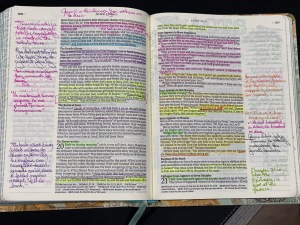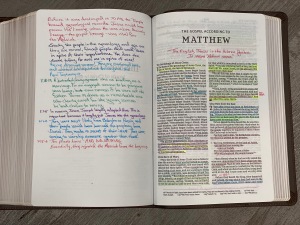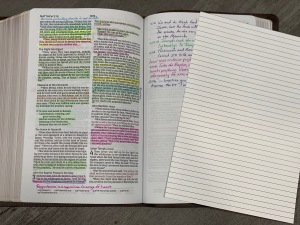
Love’s holy flame for ever burneth;
From heaven it came, to heaven returneth;
Too oft on earth a troubled guest,
. . . at times oppressed.
It here is tried and purified,
Then hath in heaven its perfect rest.
It soweth here with toil and care,
But the harvest time of love is there.
Southey
No class of laborers in the broad harvest field of the world endure so many sacrifices of comfort and of home felicities as the missionaries to foreign countries. Of the trials peculiar to mothers who go forth on such an errand of humanity, the keenest must be their separation from their children. The pernicious habits and influences of a pagan community, often render it absolutely necessary that their offspring should be sent to a civilized land to be educated. This duty, however painful, is imperative, and they who accuse the mother of hardness because she does it, are either grossly ignorant, or haters of truth. Many instances of heroic firmness and almost superhuman calmness under such trials, are on record, but one may stand as a type of the whole.
Mrs. Comstock * of the Burmah Baptist mission felt called upon to part with her two children, whom God had given her while on the field of labor. The hour for separation came, and taking them by the hand, she led them down to the ship that was to bear them for ever from her sight. Having invoked the blessing of Heaven upon them, she gave each the parting kiss and, with streaming eyes, lifted her hands towards heaven and exclaimed: ” My Saviour! I do this for thee.”
Amid the jungles of the East,
Where gloomiest forms of sin are rife,
Like flowerets in a desert drear,
Her treasured ones had sprung to life.
And smiling round her, day by day,
Though cares unnumbered weigh her heart,
Their prattle, full of music tones,
Unceasing joy and hope impart.
Their little minds, like tender buds
In vernal hours, she sees unfold,
And young affection in their eyes
Is gleaming like a gem of gold.
But ‘mid the toils that press her sore –
The spirit-wants of ‘wildered ones –
These buds must often miss the dew,
And plead in vain for constant suns.
She sees their smiles, their music hears,
And feels affection’s holy thrall;
But duty’s voice, from out the skies,
In sweeter tones, is heard o’er all.
To Western climes, illumed by truth,
And blest with learning’s sacred flowers,
These blossoms of her heart must go,
To bloom henceforth in stranger bowers.
She leads them to the waiting ship;
She kneels in anguish on the deck,
And while she breathes a silent prayer,
Their arms like tendrils twine her neck.
She tears her from the loved away,
Whom she on earth no more may see,
And looking up to heaven, exclaims,
“My Saviour, I do this for thee!”
Then hastens to her task again,
The pleasant task her Saviour’s given,
That, finished all, she may ascend,
And lure the distant ones to heaven.
• Sarah Davis Comstock was the wife of the Rev. Grover § Comstock, who was stationed at Kyouk Phyoo in the province of Arracan, Burmah. She was born at Brookline, Massachusetts, in 1812 and died at Ramree, April twenty-eighth, 1843.
______
Excerpted from Noble Deeds of American Women
(Patriotic Series for Boys and Girls)
Edited by J. Clement
——
With an Introduction by Mrs. L. H. Sigourney
Illustrated
BOSTON: Lee and Shepard, Publishers
Entered by Act of Congress, in the year of 1851,
by E. H. Derby and Co., in the Clerk’s Office of the Northern District of New York
______






